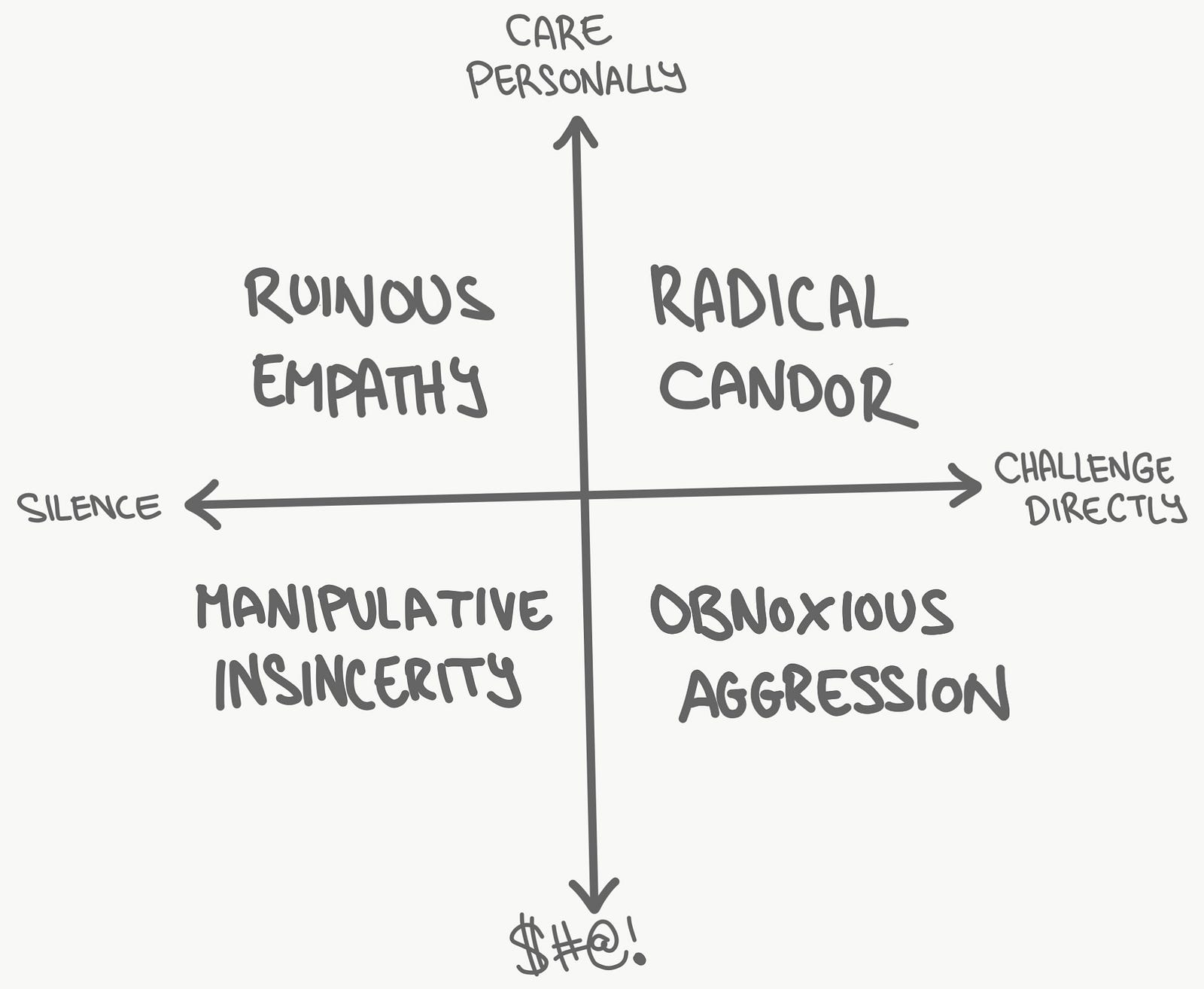
I was away from my computer when I got a call from a junior developer I know. She was having trouble uploading a web application to Azure, and asked if I could help. I’ve never worked with Azure, but I assumed Visual Studio had a button which said something like “publish to Azure”. However, she couldn’t make heads or tails from the Azure tutorial, and while I was trying to understand where the difficulty was (other than the fact she wasn’t using Visual Studio, so the button I assumed was there was totally irrelevant), she said: “I understand the back-end has to go on the server, but where do the front-end files go?”
“Do you know how a web server works?”, I asked. “I guess not”, she answered.
If this seems stupid to you, this post is not for you. I give you permission to go read something else. This post is for me, setting up my first self hosted site about 10 years ago.
Continue reading






